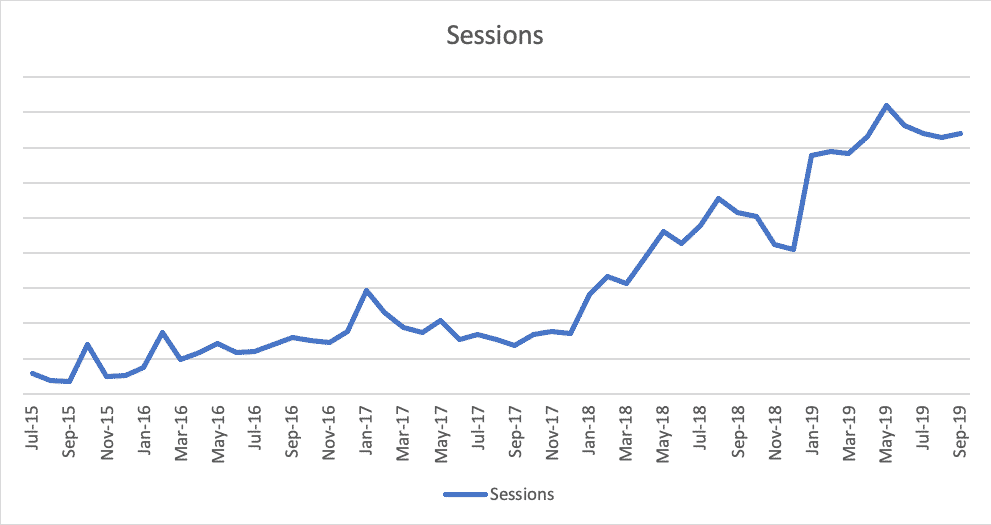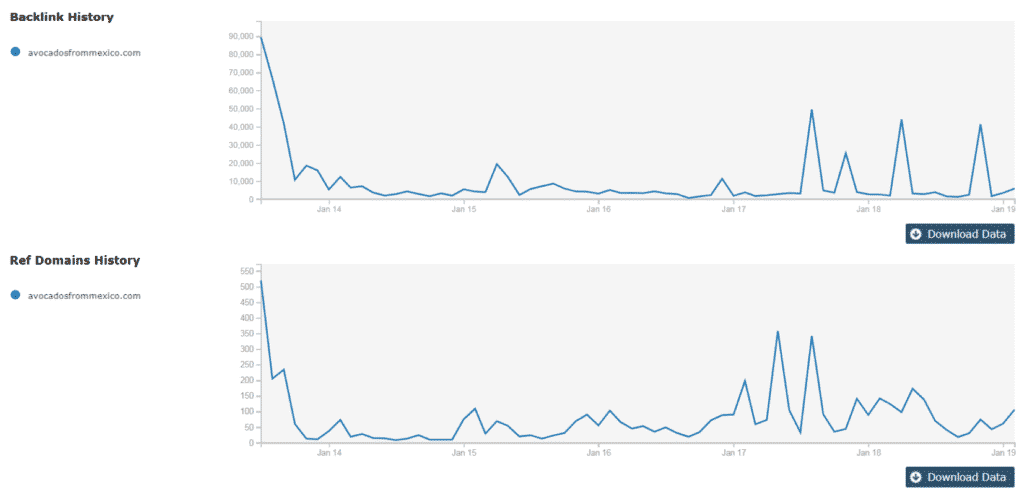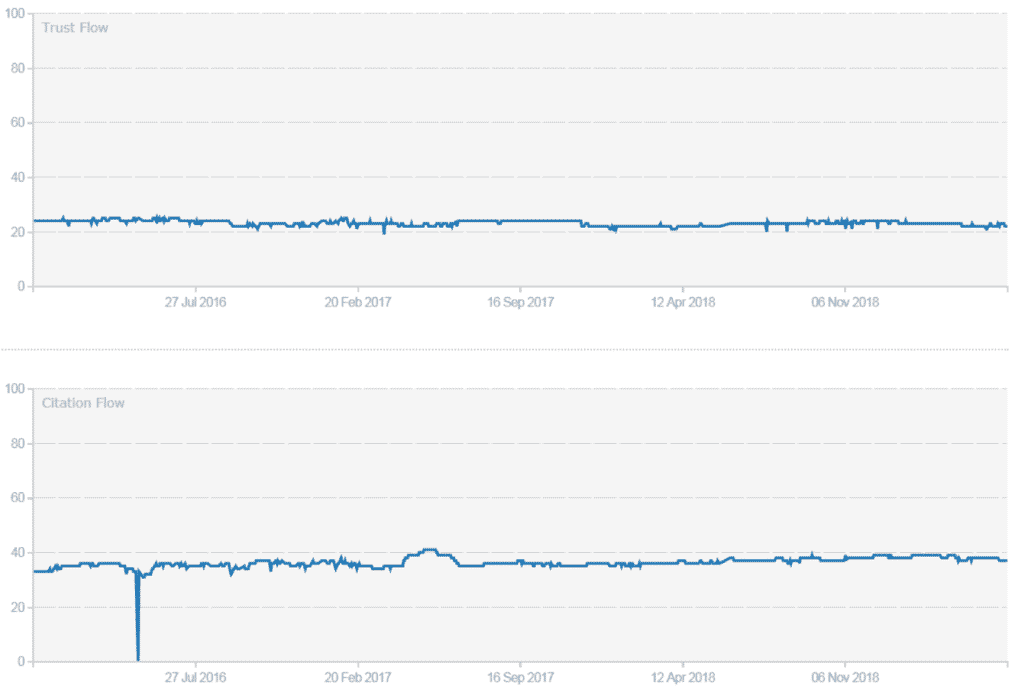Being involved in one of the more technical niches of digital marketing, SEOs are drawn to what we can measure – traffic, ROI, and keyword rankings are just a few examples. We like a clear, concise strategy, and we consistently test outcomes to prove or disprove our hypotheses. Most importantly, we challenge ourselves to measure the intangible – a website’s topical authority.
Topical Authority & Rankings
When authority is mentioned, many automatically think of a website’s backlink profile. Of course, backlinks, which are links that a website receives from a different website, have their place in SEO and in digital marketing as whole. Inherently, a backlink promotes brand and website visibility. Search engines, however, have long stated that building a website with quality content should be a webmaster’s goal – not building backlinks to prove a website’s topical authority. Another common trait of SEOs is our propensity to break out our tinfoil hats and hypothesize about whatever guidance search engines are providing for us. Again, we like what we can test and prove or disprove for ourselves. But what if search engines aren’t lying to us? What if backlinks are playing less of a role in how rankings are determined? What if, instead of using the metrics that SEOs commonly rely on to determine a website’s topical authority, search engines have found a way to measure and quantify the quality of content on a website? I believe this is the case. After all, many search engines have had this capability for some time and applied it to paid search’s quality scores. It makes sense that some variation would apply to SEO as well. Here’s why:
The Scenario
My team has worked with Avocados From Mexico for several years, recommending and implementing technical best practices on the produce brand’s website. The Avocados From Mexico team is very social within its industry and works tirelessly to develop relationships with complementary products, participate in major promotional events to build the brand, and interact with consumers in many capacities. Backlinks are a natural byproduct of its offline branding efforts.
SEO Strategy & Premise
Using Avocados From Mexico’s brand themes to guide us, we began building content strategy by taking an assessment of where the brand was ranking, what gaps there were in its content as compared to competitors, and what its major opportunities were. After conducting research and understanding the type of content being respected in the search engine results pages (SERP) for these terms, we began optimizing and creating content.
Driving Traffic & Other Results
Avocados From Mexico began implementing this strategy in October 2017. It took about a month for search engines to respond and show any sort of traction to the new content. During this time, we continued to develop content for the site in other areas following the premise that updating content on just a few pages wasn’t going to earn the topical authority we needed to win in the SERP. By January 2018, we began to see early traction, indicating we were on the right track. In the period that followed, we doubled down on content and optimizing internal linking as another strategy for signaling to search engines the importance of a page and tying to related queries using targeted anchor text. As shown in the chart below, traffic growth was a bit slow to start, but then began to increase significantly through the rest of 2018 and into 2019.

While the Merkle team was focusing our efforts on implementing the content strategy, the Avocados From Mexico team was busy promoting its brand and implementing other elements of its marketing plan. What has this meant for the site’s backlink profile during this time? It has remained largely consistent. There have been new backlinks gained as a part of the organization’s natural activities, but metrics like Trust Flow and Citation Flow have not drastically changed.


While steady improvements to backlink metrics played a role,
they alone did not account for the 137% traffic growth the site has experienced
over the past year. Instead, by following good technical SEO practices and
building quality content, the site has consistently benefited from algorithm
updates and is continuing to gain ground in the SERP. Some top pages are even
seeing 200-300% YoY growth!
As stated previously, backlinks have their place and are
valuable, but if building them doesn’t fall within normal marketing activities,
then the return on investment does not warrant the effort in the current search
climate. Developing high-quality content drives topical authority and,
ultimately, the brand visibility that leads to traffic. It’s not a quick win,
but, if you’re patient and can play the long game, it is a win that pays in
dividends.
